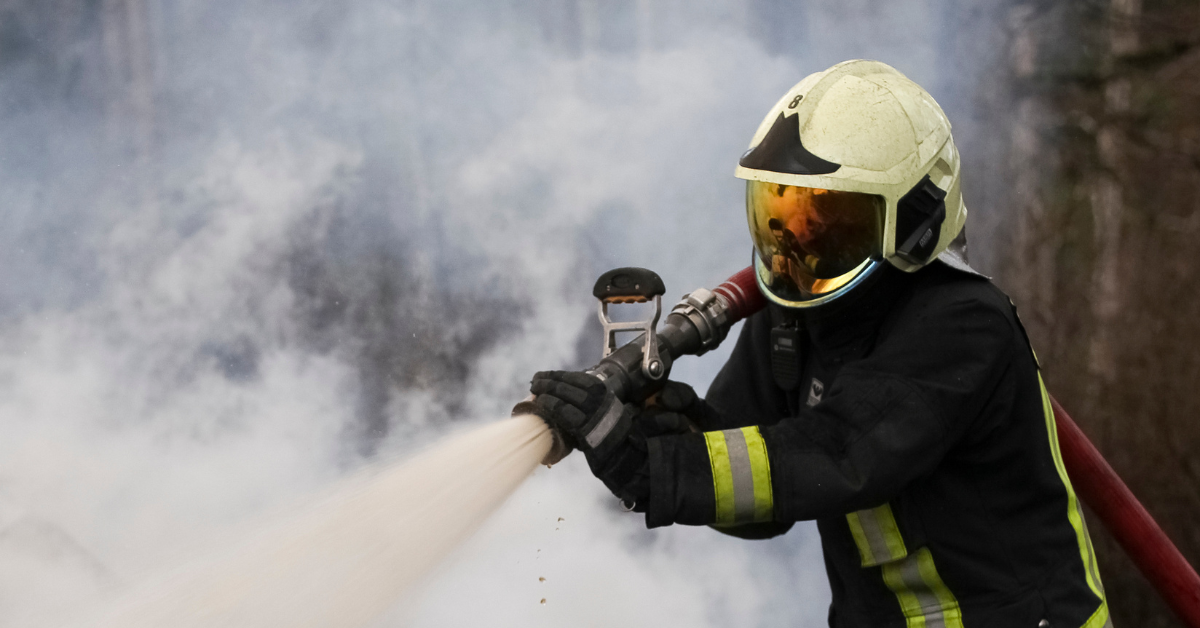Here’s food for thought. According to a report by HM Inspectorate of Constabulary, Fire and Rescue Services, the number of building fire safety checks has fallen across England by 42% during the last seven years.
The number of fire safety audits carried out by firefighters fell from 84,575 in 2010-11 to 49,423 in 2017-18.
This has been credited to finance cuts, reducing “vital” prevention work where buildings are given regular safety checks. There’s no doubt that the Fire Service’s heroic actions do a good job in emergencies – and the Grenfell Tower, Chester Zoo and Liverpool car park incidents are great examples – but there’s a gaping hole in checks to ensure buildings are kept up to scratch.
During building inspections, firefighters look for hazards such as blocked fire exits or faulty doors and give notice to owners of essential safety improvements.
As visits to local buildings have reduced, fire services might not be familiar with where the high-risk sites are in their region and that increases risks to fire service personnel.
The Fire and Rescue Services can enforce fire regulations, but as they cannot visit all premises to do so, the onus falls on an organisation’s Responsible Person to ensure the safety of everyone in the premises.
So, knowing that official checks have become less likely, what can organisations do themselves? Ignorance of the law is no defence and proactive fire safety audits have never been more critical.
The use of an effective fire safety management system helps to manage audits and identify corrective actions, embedding a fire safety culture. This helps ensure everyone is conscious of fire risks and does everything possible to reduce them.
When fire safety complacency sets in, disaster may not be far away. Remember, there are only 3 things needed for a fire:
1. A source of ignition
2. Fuel
3. Oxygen
Remove one, and you’ve prevented a fire.
With the right processes for observation and engagement, the disasters at Grenfell, Chester Zoo, and Liverpool, among many others, may have been avoided. And with Fire Service checks no longer a “given”, nobody can afford to be complacent.













